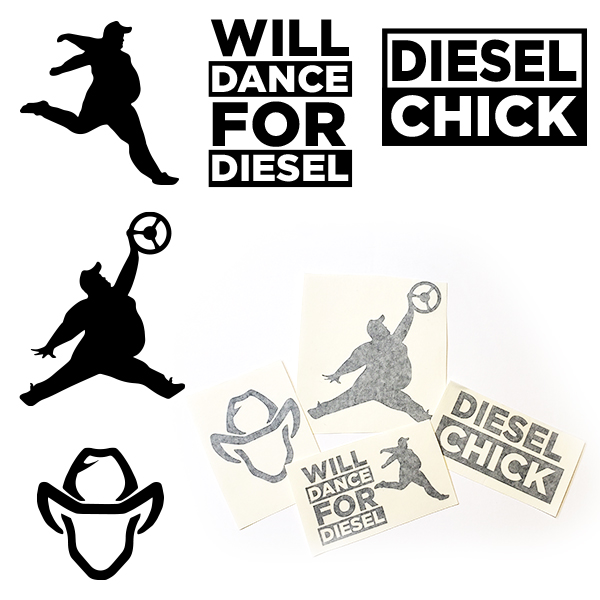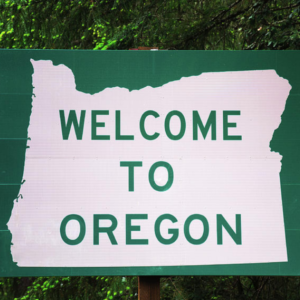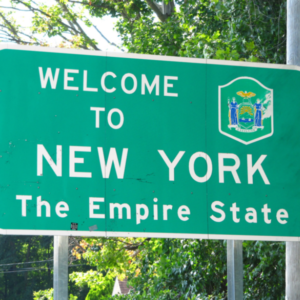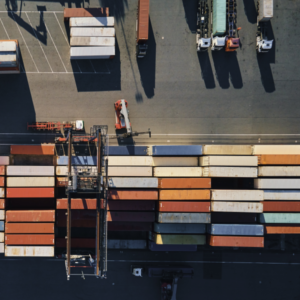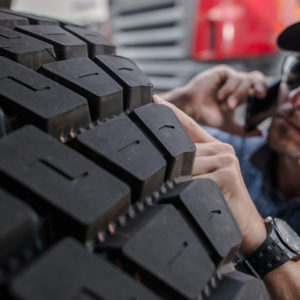Subtotal: $99
Drug and Alcohol Testing
$297
The team at FCCR wants to support your company with our drug and alcohol testing compliance services. We are a certified Consortium/Third Party Administrator (C/TPA) and Process Agent registered with the FMCSA. Our team is qualified to handle all of the drug and alcohol-related services that your company will need. If you have any questions, please don’t hesitate to contact us.
PLEASE NOTE: Increase or decrease the number below (Next to the “ADD TO CART” button) depending on the number of Drivers needing Drug and Alcohol Testing Compliance Services.
IN ADDITION: Once a drug and alcohol consortium’s federal chain of custody form has been used for a driver’s pre-employment drug screen, it is considered non-refundable.
Product Description
The CDL Drug and Alcohol Clearinghouse is an online database that allows the FMCSA, state driver licensing agencies, commercial motor vehicle (CMV) employers, and law enforcement agencies to identify drivers who have violated federal drug and alcohol testing program requirements. The clearinghouse details the roles and responsibilities of those who will be required to use it. The rule requires employers, medical review officers, substance abuse professionals, and consortium (for owner-operators) to report violations to the clearinghouse. Employers must also query the system for testing violations at time of hire and annually for existing CDL drivers.
All CDL required commercial motor vehicle (CMV) operators are required to be enrolled in a drug and alcohol program and are subject to all FMCSA drug testing policies.
Tests are normally required under these four circumstances :
• Pre-employment – When an employee is first hired and prior to operating a vehicle, you must have negative test results showing you tested the individual and that the results were negative.
• Reasonable suspicion – Every company must have at least one supervisor who has been through a DOT approved training program that helps them recognize when someone may be under the influence of drugs or alcohol. When a person with the required training observes behavior or appearance that is characteristic of substance misuse, they can require that person to be tested prior to operating a vehicle.
• Random – All safety-sensitive employees who are required to be drug tested must also be part of a random drug and alcohol testing pool. Personnel are randomly selected from that pool to be tested and must do so when selected.
• Post accident – A driver is required to be tested for alcohol within 8 hours and for drugs within 32 hours after all accidents involving a fatality or any accident when the driver’s performance could have contributed to the accident.
Urine samples are tested for the following drugs:
• Marijuana (THC metabolite)
• Cocaine
• Amphetamines
• Opiates (including heroine)
• Phencyclidine (PCP)
• Monoacetyl (Morphine)
• MDMA (Ecstasy)
The driver must immediately be removed from any responsibilities and can’t return to safety-sensitive duties until they have been evaluated by a substance abuse professional, as complied with recommended rehabilitation, and has a negative result on a return-to-duty drug test. The driver will also have to participate in the follow-up testing to ensure he or she continues to stay clean from drug or alcohol use.
If the driver has a legitimate prescription for the drugs and the use is within the parameters of the prescription, the driver will be fine. The driver will just need to provide proof of the prescription to the medical review officer who reviewed the test results. The testing can tell if the driver is using the drug at the prescribed level or if the drug use is higher than what was prescribed.
A DOT auditor will usually ask for some or all of the following:
• A copy of the contract if you are a member of a consortium.
• Documentation showing all safety-sensitive CDL drivers for the company are members of the random pool.
• The company Drug and Alcohol policy booklet.
• Driver information booklet.
• All pre-employment, random, post-accident and reasonable suspicion test results.
They occasionally will ask for a report from your consortium showing the percentage of random tests that were conducted for the previous year.
Read more: How the FMCSA Clearinghouse Affects You






